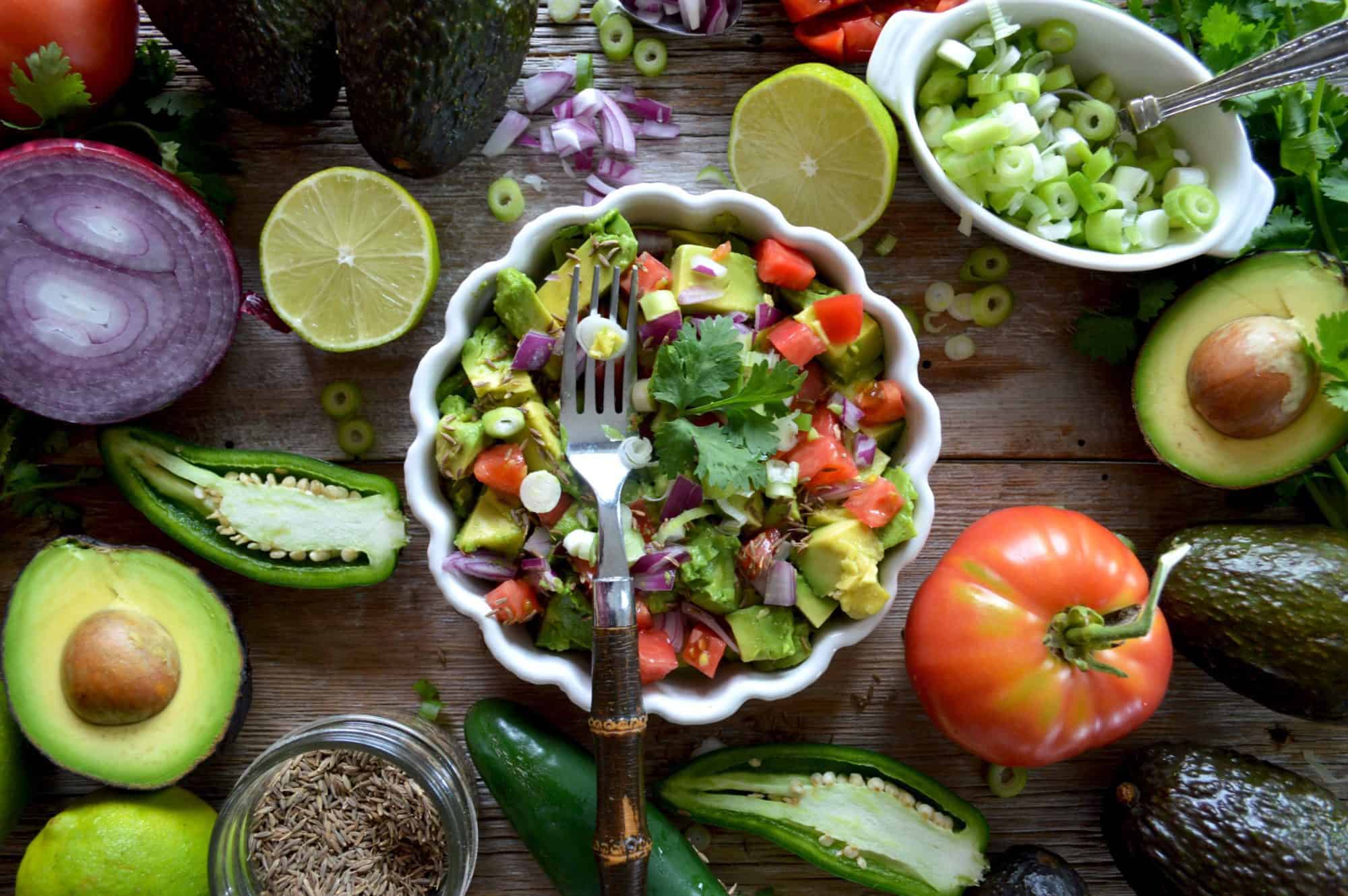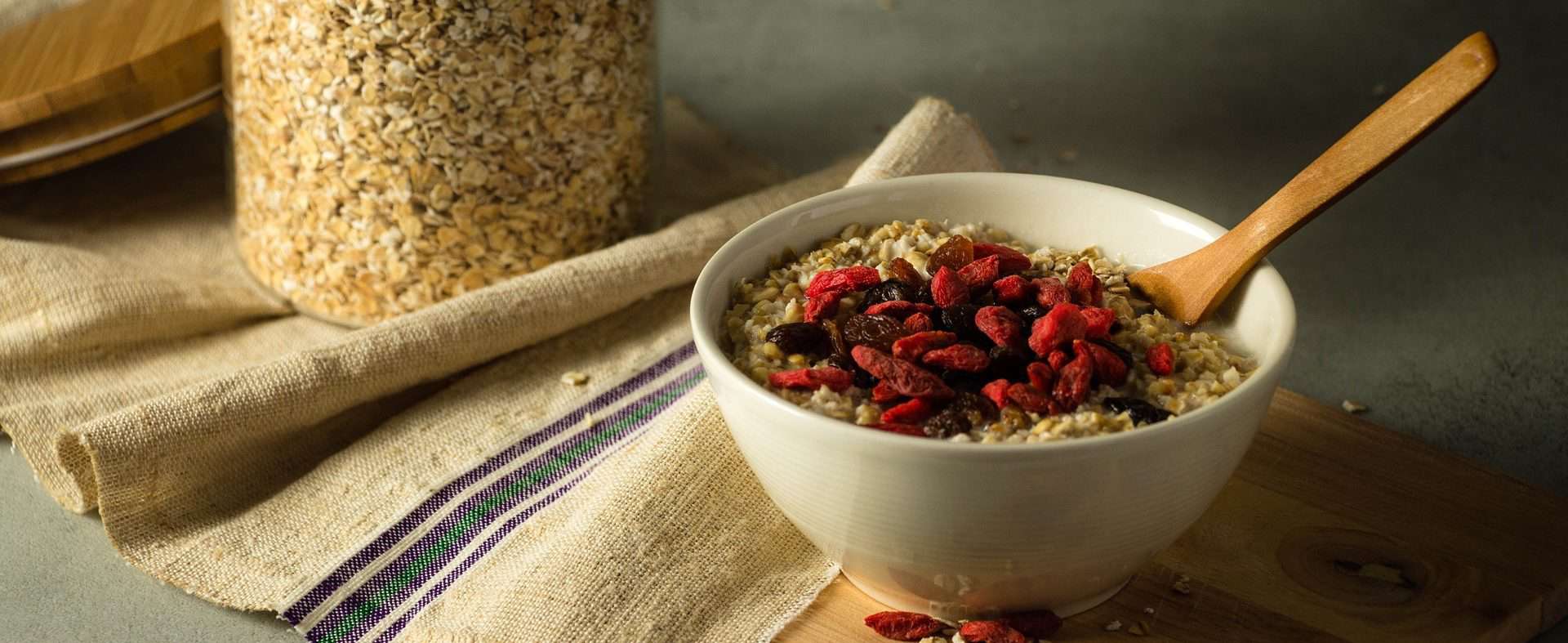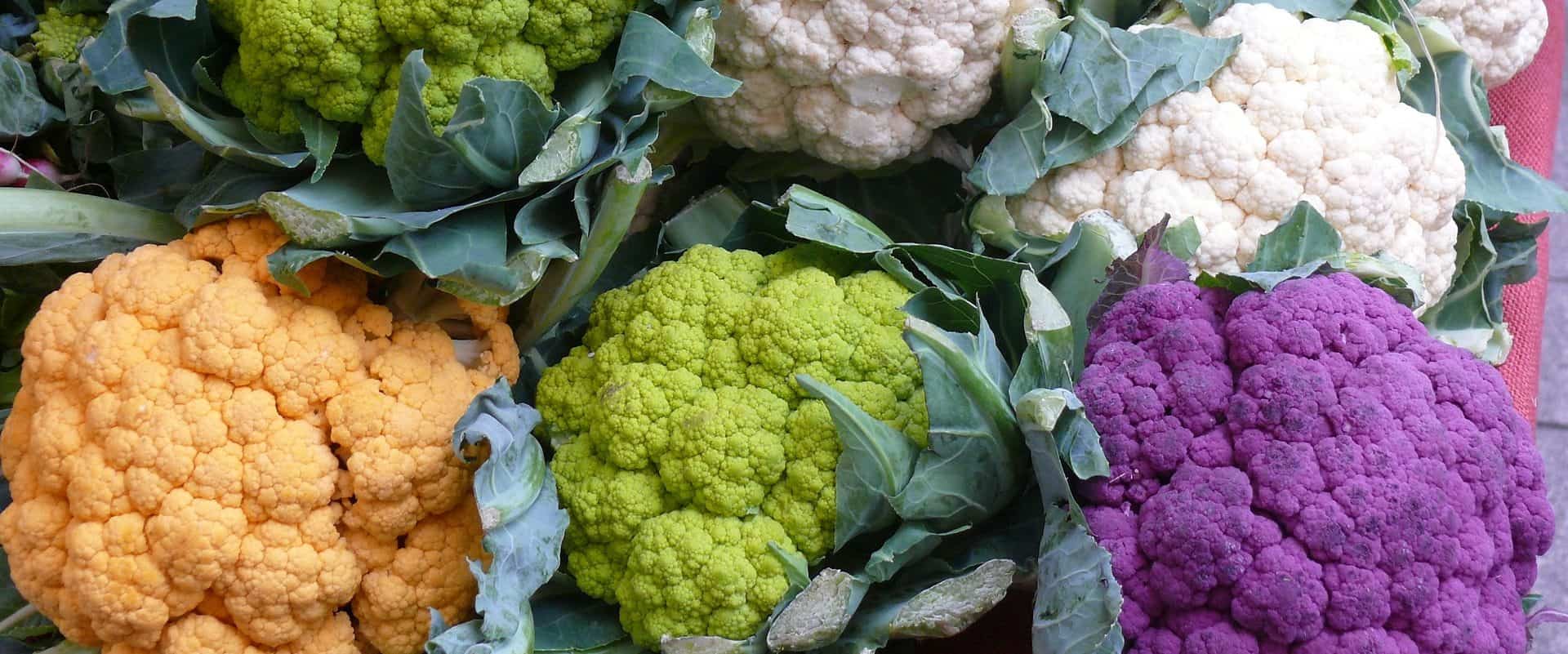May 17 - May 19, 2024
Healing Your Sole
Nourish your feet as you move through the ages and stages of life.
View a listing of all our programs, workshops, and events—including our best-selling Happiness Retreat, Silent Meditation Retreat, and Ayurveda Wellness Cleanses.
Order a copy of our latest retreat guide and discover all the ways to relax, renew, and discover inner peace—programs, events, workshops, spa treatments, and more.
Quiet the mind and align with the present moment in our happiness, meditation, and silence programs.
You choose the dates, the activities, and Ayurveda treatments—we’ll do the rest. The perfect custom vacation!
The ancient science of Ayurveda gives us all the tools we need to live a holistic, healthy, and happy life in today’s modern world.
Guest teachers, thought leaders, authors, and experts inspire with their timely wisdom and transformative programming.

Ayurveda’s Holistic Approach to Menopausal Wellness
A 4-Week Online Retreat
Our on-demand programs are great introductions to the healing power of Ayurveda. Discover the Ayurvedic Daily Routine, overcome insomnia, and more—whenever, wherever!
Explore our campus in an interactive 360° virtual tour with guided navigation or on Google Maps.
Discover an extraordinary space for transformation and community building in the Blue Ridge Mountains.
Explore our campus in an interactive 360° virtual tour with guided navigation or on Google Maps.

From the paleo to ketotarians to vegans, every month there seems to be a new diet that will solve humanity’s problems. However, while these diets might help some people, others end up in a poorer state of health than when they started.
The reason for these unexpected results lies in the wisdom of Ayurveda—India’s system of healthcare that’s been around for more than 5,000 years. Ayurveda maintains that diet is the foundational aspect of our wellness; however, it also recognizes that there are no universal eating habits that suit everybody’s needs. While some foods might benefit certain people, they might simultaneously harm others.
In Ayurveda, what you eat is entirely dependent on your unique Ayurvedic body constitution, which is also known as your dosha. There are three doshas in Ayurveda, referred to as vata, pitta, and kapha. Vata types tend to be on the skinny side, pitta people have a medium and muscular build, and kapha types are naturally heavy-set. While some of us fall neatly into one category, most are dominated by two or more of the doshas in different proportions.
The goal of Ayurveda is to bring all three doshas into balance within the body. Because our constitution stays with us from the moment we’re born, we need to maintain personalized diets and lifestyles that increase the doshas we lack while decreasing the doshas we’re already abundant in.
So, not every fad diet will be right for every person. Here, we’ll explore the pros and cons of different popular diets, looking into an Ayurvedic perspective on each.

This low-carbohydrate high-fat diet was first developed in the 1920s as a treatment for epilepsy, but in recent years has caught on as a fad for everyone. One of the reasons behind this trend is the discovery that fat isn’t the major culprit behind America’s obesity epidemic as we once thought; rather, sugar is to blame.
While excessive sugar consumption can be incredibly detrimental, leading to many issues such as diabetes, when compared to carbs, fats can actually be an alternative and healthy source of energy.
In fact, the fat eaten in the ketogenic diet converts into ketones, compounds that provide an excellent source of energy for the brain. By ingesting high amounts of fat while also practicing intermittent fasting, the body enters a state known as ketosis where it begins using ketones for energy rather than sugars. Being in a state of ketosis is shown to reduce inflammation, boost memory, and increase energy. Furthermore, this diet can be helpful in treating conditions such as cancer, Parkinson’s, and Alzheimer’s.
Having heard about the dangerous condition for diabetics called ketoacidosis, many wonder if the ketogenic diet causes diabetes. Thankfully, it does not. Ketoacidosis is a condition that occurs in diabetic people when their cells aren’t getting enough insulin, thus rendering them unable to process blood sugars. As a result, the body begins burning fat for energy, causing ketone levels to rise to extremely high levels. If not properly managed, this condition can create high acidity in the blood, eventually becoming deadly.
Thankfully, with the ketogenic diet, ketone levels in the blood do not increase to such extreme levels. In fact, in some cases this diet can even work to enhance glucose regulation in the body. Therefore, the keto diet won’t cause diabetes. (However, if you do have diabetes, always ask your doctor before starting a new diet.) Despite all the ketogenic diet’s benefits, it’s not a magic bullet.
Although the ketogenic diet is effective for weight loss, other studies show that a regular low-carb diet can be just as effective. However, while low-carb diets are often considered safe, the keto diet is associated with adverse metabolic and emotional effects.
Other side effects of a long-term ketogenic diet include
Unfortunately, in some cases, long-term adherence to the ketogenic diet can be life-threatening. So, before following the ketogenic diet, it’s always best to consult your doctor first.
Ayurveda always recommends eating a natural, seasonal diet, and the ketogenic diet doesn’t suit this criterion. In fact, this diet requires consuming incredibly high levels of fats, which would be nearly impossible to find frequently in a traditional hunter-gatherer or agricultural setting.
Although it’s true that entering ketosis is beneficial, historically our bodies have regularly entered this state each year during the late winter/early spring. It wasn’t necessary to artificially induce this state by eating high fats; rather, ketosis was brought about naturally as our ancestors fasted while waiting for new crops to grow. These yearly fasts only spanned a few weeks, which is in accordance with the research suggesting that ketosis is more beneficial in the short-term rather than the long-term.
Additionally, when it comes to the three doshas, vata-types will do the best eating natural fats, pitta-types will do fairly well, but kapha-types will have a tough time. That’s because those with kapha-based constitutions have the slowest metabolisms, thus they struggle to digest a lot of fat.
Furthermore, the ketogenic diet requires fasting for 12–14 hours each day. Fasting is not typically recommended for people with vata and pitta constitutions, while kapha-types could benefit from it.
Therefore, although certain elements of this diet can benefit certain people, when taken as a whole, this diet is full of contradictions and unnatural aspects. So, if you feel compelled to eat this way, it’s best to only follow the ketogenic diet for a few weeks at most.

On the other side of the coin, the low fat, high carbohydrate diet takes a contrary approach to keto. Here, carbs take center stage, with 70–80% of calorie content coming from carbs sources. Followers of this meal plan typically eat a lot of fruits, grains, and root vegetables while simultaneously avoiding excessive oils, nuts, seeds, meat, and avocados.
This can be a healthy path if adherents stick to whole, plant-based foods. In fact, studies reveal that when combined with high fiber, this diet creates weight loss among adults at risk of type 2 diabetes. In addition to that, another study showed that people who eat a high-carb diet lose more weight than those who eat a high-fat diet.
Furthermore, increasing carbohydrates in your diet to around 85% while eating around 9% protein and 6% fat is associated with longer lifespans and fewer age-related diseases in certain populations.
Additionally, carbs work to balance levels of the stress hormone, cortisol, and also to increase thyroid hormone production. So those prone to stress or hypothyroidism should favor healthy carb sources. Finally, other studies show that this diet can have positive effects when fighting liver disease.
This diet can be quite unhealthy if adherents eat low amounts of fiber along with high levels of refined grains or processed sugar. Doing so spikes blood sugar levels, which can promote diseases like diabetes, metabolic syndrome, and cardiovascular disease. So, it’s always important to avoid excessive consumption of processed foods such as
Instead, you should favor complex carbs and high fiber foods like fruits, vegetables, and legumes.
As previously mentioned, Ayurveda always advocates eating seasonally. The reason for this is that our bodies are actually tuned in to the Earth’s rhythms on a very deep level. For example, during the fall and winter, our bodies naturally increase the production of the digestive enzyme amylase. Amylase works to break down starches such as wheat, oats, rice, and sweet potatoes, all of which become abundant at this time of year. Amazingly, these same foods work to pacify vata dosha, which also predominates in the world during the fall and early winter.
So, this suggests that when carbs are naturally available, we’re meant to eat a high-carb diet. However, during the spring and summer when high-carb foods aren’t naturally on-hand, it’s best to opt for fresh fruits, vegetables, and greens.
Beyond that, Ayurveda doesn’t make dietary recommendations based on macronutrient content alone. This is because, foods have many qualities beyond being fat, protein, or carbohydrates. We must consider their taste, guna, temperature, and medicinal qualities as well. For example, although many high carb foods pacify vata people and aggravate kapha people, some, such as potatoes, do the opposite.
Therefore, before choosing any new diet, make sure that it agrees with the season you’re in before giving it a shot.

Due to the prevalence of processed junk foods, many Americans are lacking in key nutrients, which increases their risk of developing health issues such as cancer, heart disease, high blood pressure, and diabetes.
Thankfully, eating a whole-food, plant-based diet is an easy way to ameliorate this issue. What’s more, this diet aligns entirely with Ayurveda’s basic principle of always eating organic, whole foods, with a strong emphasis on vegetarianism. Essentially, the key here to enjoy foods that are as close to their natural form as possible while avoiding anything that is processed or an animal-product. In short, if a plant didn’t make it, you shouldn’t eat it.
So, for example, when following this diet you could eat whole grains rather than refined grains, or a baked potato with organic onions and sour cream instead of sour cream and onion flavored potato chips. It also means that you should get your fiber and vitamins through foods like fruits, vegetables, and legumes, rather than from supplements.
When combined with Ayurveda’s individual dietary recommendations based on your unique dosha, this diet can be a powerful component in creating long-term health.

Dr. Fuhrman, the creator of this plant-based, nutrient-dense diet, promises that it will help you lose weight and reach peak health without counting calories. Some claim that there are many other benefits, including slowing aging, increasing lifespan, and reversing chronic illness.
The premise of the Nutritarian diet is that you should maximize the number of nutrients that you consume per calorie. This means avoiding all processed junk foods and drinks that are high in calories and low in nutrients. Instead, you should eat only foods that are packed with vitamins, nutrients, fiber, and antioxidants.
While you aren’t restricted to the number of calories you can eat, you’re only allowed to divide your calories in a certain way. Here’s where your calories should come from:
When following these guidelines, also know that this diet maintains that greens, beans, onions, mushrooms, berries, and seeds are the best foods to eat.
Another important guideline is to avoid snacking, opting for three full, nourishing daily meals instead. One of those daily meals should be a large salad, topped with a nut-or-seed-based dressing. Nutritarianism also recommends eating less than 1,000 mg of salt per day.
When it comes to results, one study showed that by adopting this diet, overweight people lost an average of 10.8 pounds over a six week period. Furthermore, another study found that adults with a history of high blood pressure, cholesterol, or obesity were able to lose between 14 –49 pounds during their first year on this diet.
In addition to this, the Nutritarian Diet is also proven to reduce bad cholesterol levels and increase lifespan for people in general, as well as decrease blood pressure and improve metabolic control in people with diabetes.
In general, Ayurveda has mixed feelings about the nutritarian diet; while some elements are good, others aren’t as optimal for everyone. Starting with the positives, Ayurveda does recommend enjoying plenty of vegetables and lentils, which this diet supports. However, while the nutritarian approach advocates eating one large salad per day, Ayurveda generally doesn’t suggest eating raw foods; this is especially true for those with a predominance of vata dosha.
Beyond this, Ayurveda doesn’t recommend limiting your food intake to such rigid categories. This is because different foods will suit each individual differently. For example, those with a strong vata constitution may need to eat more dairy products and avocados, while kapha types will not.
Considering that this diet is often used for weight loss and that overweight people typically suffer from kapha imbalance, the guidelines outlined by the nutritarian diet can be good for this goal. However, for general use, it’s best to consult an ayurvedic physician before adopting this diet.
With benefits that include helping the environment, saving animals, and improving our health, it’s easy to see why the Vegan Diet has gone mainstream in recent years. This offshoot of vegetarianism promotes eating only plant-based foods while restricting all animal products, including meat, eggs, and dairy products.
Although this diet can be quite healthy if people stick to healthy foods, veganism doesn’t necessarily preclude adherents from eating processed foods; technically, potato chips and onion rings are vegan too.
So, when eating vegan, it’s definitely best to eat only whole foods. Doing so can have many benefits, such as
Ayurveda largely agrees with the principals of veganism. The only difference is that Ayurveda traditionally holds dairy products in high regard, especially for those with a vata-based constitution. When taken from ethically raised, grass-fed cows, foods such as ghee, milk, and paneer are considered to be sattvic, or pure. In fact, dairy products can be a great source of B12 and healthy fats that vegans often lack.
However, now that the dairy industry is largely corrupted, many ayurvedic physicians support veganism. However, if you do find dairy from a reputable source, consider incorporating it into your diet.

In general, vegetarianism and Ayurveda go hand-in-hand. Although meat can be taken medicinally in certain cases, and eaten regularly by those living in the coldest climates, ayurvedic medicine recommends that most people become vegetarian.
To maximize health on a vegetarian diet, it’s always best to eat organic, locally sourced, seasonal whole foods while avoiding processed foods and pesticides. Following this guideline can yield many great benefits, including preventing ailments like heart disease, cancer, and type 2 diabetes.
If the past is any indication of the future, we can expect to continue to be inundated with at least a few popular fad diets each year. As this happens, don’t get lost in the hype; rather, remember that no diet is right for everyone.
Ayurveda has thousands of years of wisdom to draw on when prescribing individualized diets to people. As such, if you’re wondering what foods to eat, we recommend that you see an Ayurvedic specialist or do some online research to understand your body’s unique needs as soon as possible. If you do, you’ll be on your way to optimal health and wellness in no time.